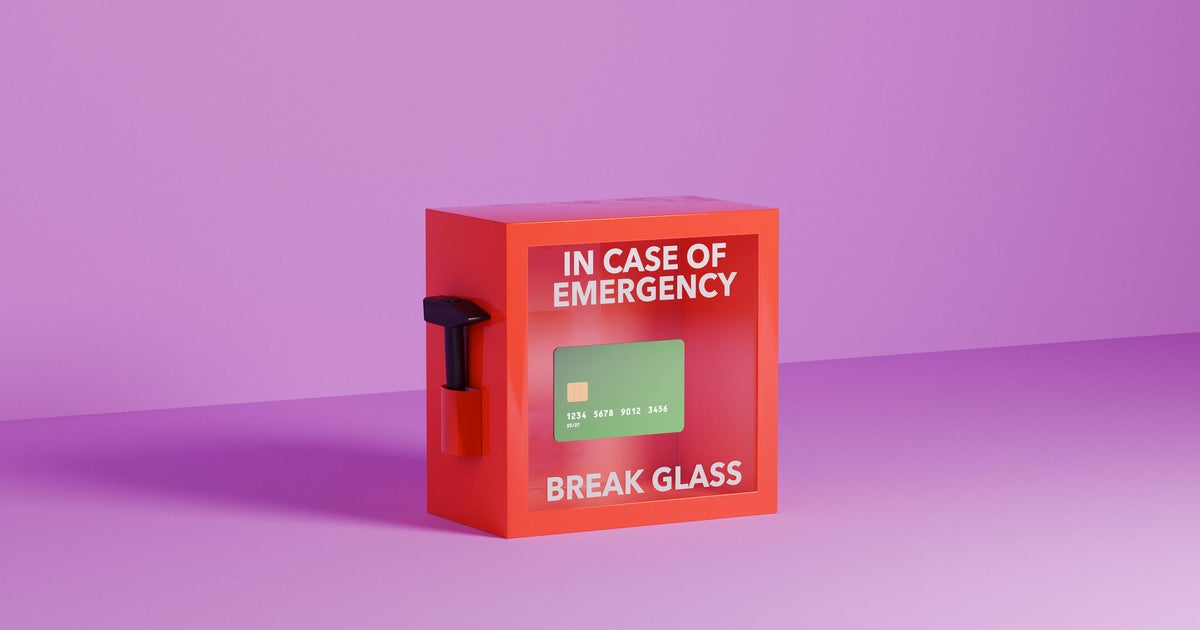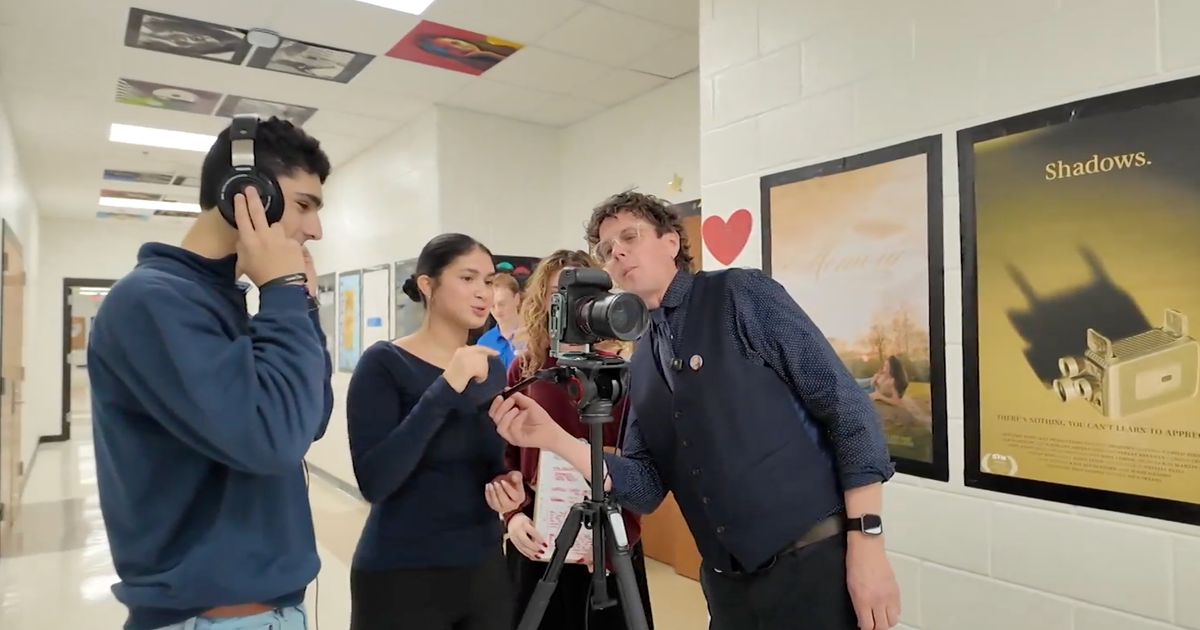Want a middle-class life? Prepare to pay up
The American middle class is struggling, and the reason is simple, according to "Squeezed," a new book by journalist Alissa Quart: Affording a middle-class life costs 30 percent more than just two decades ago, while incomes over that period have barely budged.
"Squeezed" follows the lives of people including a public school teacher who drives for Uber to earn enough money to support his family and a meteorologist who juggles three jobs to pay for health insurance. The problem, Quart argues, isn't that Americans are managing their money badly or are lazy, but that the economy has fundamentally changed.
Quart writes that her book, published last month by Harper Collins, stemmed from her own experiences struggling to maintain a foothold in the middle-class.
"When I posted on Facebook that I couldn't afford the relatively modest life my academic parents had, many friends added their own stories about how their income goes to rent and child care—the latter often siphoning off up to 30 percent of a family's earnings," she noted.
The markers of a middle-class life are "less and less common," she added. "The middle class is endangered on all sides, and the promised rewards of belonging to it have all but evaporated."
Many Americans blame themselves for their financial hardships, or are quick to blame others who are struggling for their missteps or a perceived lack of work ethic, Quant writes. But she argues that the problems are systemic, pointing to the rising cost of housing, education, health care and other features of a middle-class life.
This trend has intensified over the last decade, accelerating after the 2008 financial crisis. At the same time, the price of consumer goods that at least signify a more upwardly mobile life, such as computers and flat-screen TVs, have fallen sharply.
Yet while such trappings of "success" are more affordable, the required ingredients for economic mobility -- such as a college degree -- are still rising faster than the pace of inflation.
College tuition and fees jumped 35 percent from 2006 to 2016, even as computer prices fell 71 percent during that period, according to data from the Bureau of Labor Statistics. (Quart based her estimate on similar data from National Public Radio's Marketplace program, which estimated costs from 1996 through 2016.)
Economic inequality may play into the rising cost of education, health care and housing. Thanks to their growing incomes, the top 1 percent of earners have the financial flexibility to buy housing in desirable cities like New York and San Francisco, putting upward pressure on home prices, for instance.
America is nearing a level of income inequality that hasn't been seen since 1928. The richest residents in fives states and 30 cities have already surpassed that threshold, the Economic Policy Institute found in a recent study.
That trend isn't likely to change anytime soon, especially given the tax law signed by President Donald Trump in December, which gives big breaks to corporations and wealthy individuals.
Quart has a message to middle-class Americans who are worried and struggling: "It's a system failure. It's bigger than you."
She also has some suggestions for public policy that could help the middle class, including affordable day care and a universal child allowance that would pay Americans for each child they have.
Americans also can take actions of their own, such as forming collaborative day-care solutions, she writes. But more importantly, she added, Americans should "stop placing blame."
"Those who blame themselves believe that, say, being unable to afford their health insurance is their failing alone rather than a system failure," she writes. "If 'self-blamers' could gain greater critical distance, they might begin to see their problems as part of a societal snafu .. and realize that they have more in common with their friends and neighbors than they might have thought before."




